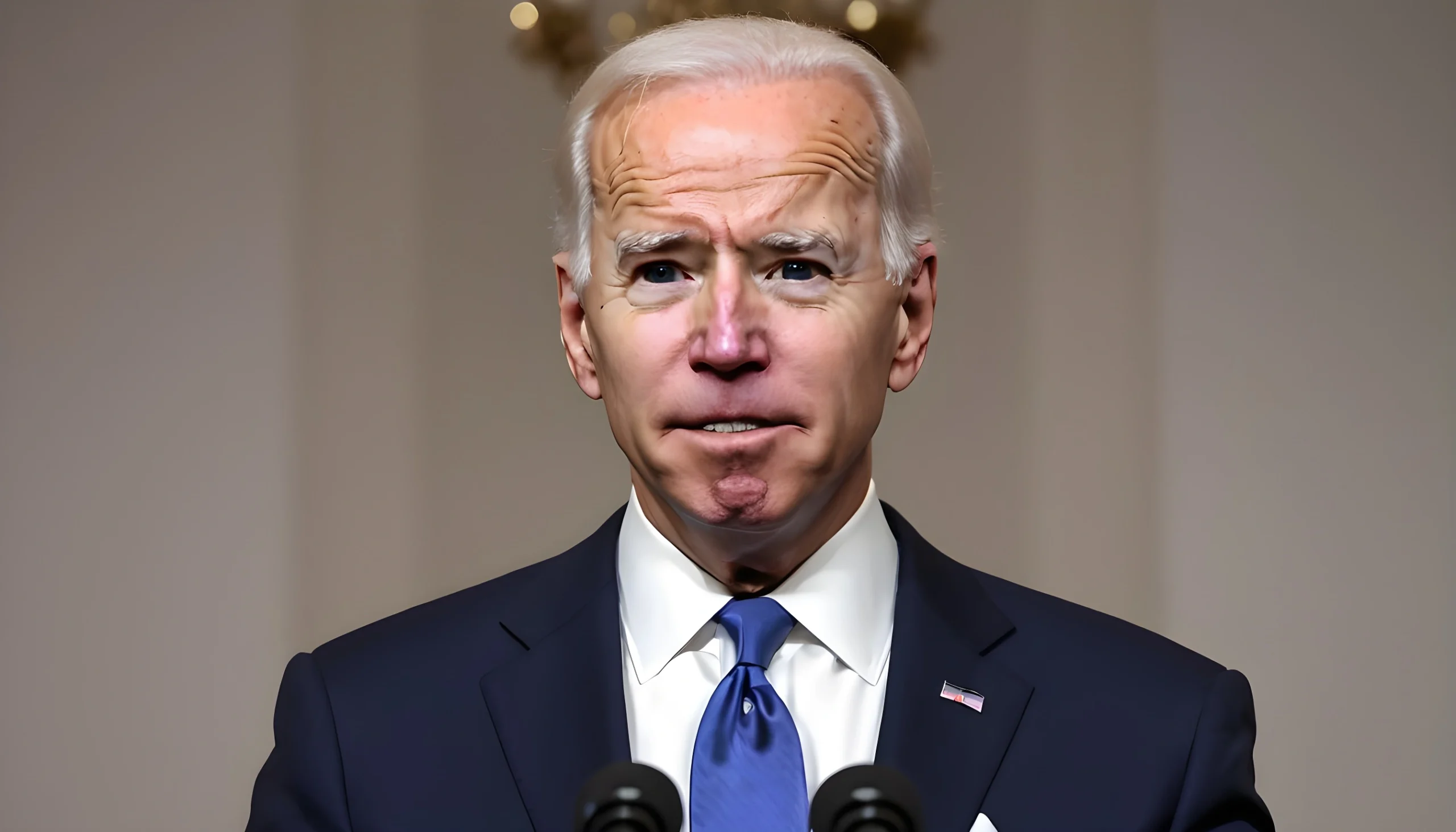Biden to Sign $460 Billion Spending Bill to Avert Shutdown
The Senate’s decisive 75-to-22 vote on Friday concluded a months-long spending standoff, approving a $460 billion spending bill to finance nearly half of the federal government until fall. This move, seen as a last-minute rescue, has averted an imminent partial government shutdown just hours before the funding was set to expire at midnight. The White House confirmed that President Biden would sign the bill on Saturday, suspending shutdown preparations within the executive branch.
Negotiations Continue Amidst Unresolved Issues
While this development resolves funding for a significant portion of the government, negotiations persist for the remaining sectors, notably for the Pentagon, with a deadline of March 22 to prevent another potential shutdown. Despite the progress, contentious matters such as funding for the Department of Homeland Security remain unresolved.
Key Highlights of the Spending Package
The legislation encompasses six spending bills, ensuring funding until September 30 for various federal programs spanning agriculture, energy, transportation, housing, justice, and veteran affairs. Notably, it maintains domestic spending levels while allowing for a modest increase in military expenditure. Democratic leaders emphasized the bipartisan nature of the package, highlighting its broad impact on crucial sectors.
Mixed Reception and Partisan Dynamics
Although the bill garnered broad bipartisan support, it faced opposition from Senator Christopher S. Murphy of Connecticut, primarily due to a provision concerning gun control. House Republicans secured minor victories, including cuts to certain federal agencies and the inclusion of measures aimed at curbing specific policies. Nevertheless, the overall sentiment remained positive, with Senator Patty Murray lauding the bipartisan effort as a vital step in sustaining essential resources for citizens.
In conclusion, while the passage of the spending bill averts an immediate crisis, ongoing negotiations underscore the complexity of budgetary discussions in a divided political landscape. “I’m voting no because I do not accept a return to a time when the gun lobby could bury gun riders in appropriations bills (which happened frequently before Sandy Hook),” Senator Christopher S. Murphy, Democrat of Connecticut, said in a statement. “This cannot happen again.”
Also Read – Audio Advertising in USA

